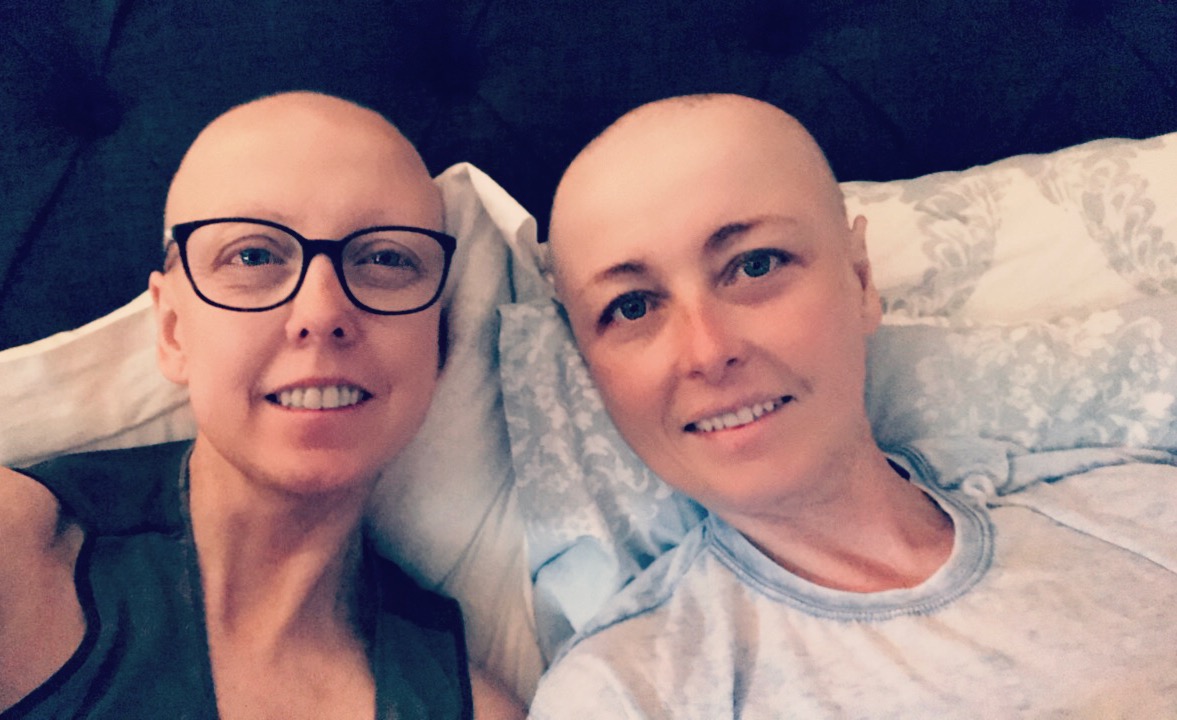Breast Cancer Awareness Month is a time to unite in the battle against breast cancer, and one key weapon in this fight is physical activity and exercise. Extensive research has highlighted the profound impact of exercise on reducing the risk of breast cancer and improving outcomes during and after treatment.
In this blog, I delve into some scientific evidence supporting the importance of physical activity in breast cancer prevention and management, emphasising its role in reducing the risk of recurrence.
Reducing the Risk of Breast Cancer
Engaging in regular physical activity has been consistently associated with a reduced risk of developing breast cancer.
A comprehensive study published in the British Journal of Cancer found that women who engaged in high levels of moderate-to-vigorous physical activity had a significantly lower risk of breast cancer compared to those leading sedentary lifestyles (1).
Aim for at least 150 minutes of moderate-intensity exercise or 75 minutes of vigorous-intensity exercise per week to reap the preventive benefits.
Enhancing Treatment Outcomes
Physical activity plays a crucial role during breast cancer treatment, improving both physical and psychological well-being.
Research published in the Journal of Clinical Oncology demonstrated that exercise during chemotherapy can alleviate treatment-related side effects such as fatigue, nausea, and depression while also enhancing overall quality of life (2).
Engaging in regular exercise can also help maintain muscle strength and prevent declines in physical function during radiation therapy and surgery.
Reducing the Risk of Recurrence
Exercise has emerged as a powerful tool for reducing the risk of breast cancer recurrence.
A meta-analysis published in the Journal of the National Cancer Institute revealed that women who exercised after breast cancer diagnosis had a 40% lower risk of breast cancer recurrence compared to those leading sedentary lifestyles (3).
Moreover, regular physical activity has been associated with a significant reduction in all-cause mortality among breast cancer survivors (4).
Aim for a combination of cardiovascular exercise, strength training, and flexibility exercises to maximise the benefits.
Mechanisms Underlying the Benefits
The positive impact of exercise on breast cancer outcomes can be attributed to various mechanisms.
Physical activity helps regulate hormone levels, including oestrogen, which plays a vital role in breast cancer development and progression (5).
Exercise also improves immune function, reduces chronic inflammation, and enhances DNA repair mechanisms, all of which are crucial in reducing the risk of cancer development and recurrence (6).
I Am Here For You
Incorporating physical activity and exercise into your lifestyle can significantly contribute to breast cancer prevention and management. The evidence is compelling, highlighting the importance of regular exercise in reducing the risk of breast cancer, enhancing treatment outcomes, and reducing the likelihood of recurrence.
As a breast cancer survivor and a Level 4 Cancer Rehab Exercise Specialist, I’m here to help you achieve your fitness goals. Let’s take that first step towards strength, resilience, and triumph.
With personalised workout plans, we’ll boost your endurance, confidence, and energy levels. Say goodbye to fatigue and hello to joyful movement. Remember, it’s never too late to start. I can begin with activities you enjoy and gradually increase their intensity and duration.
Please consult your healthcare provider before starting any exercise programme, especially if you have any underlying health conditions.
Let’s stand together in Breast Cancer Awareness Month and beyond, empowering ourselves and others with the knowledge and tools to lead healthier lives.
Please contact me for more information on how to get started by clicking here.
References:
1. Friedenreich CM, et al. (2010). Physical activity and postmenopausal breast cancer risk: effects of modification breast cancer subtypes and effective periods in life Br J Cancer, 102(3), 994-997.
2. Schmitz KH, et al. (2010). American College of Sports Medicine roundtable on exercise guidelines for cancer survivors




